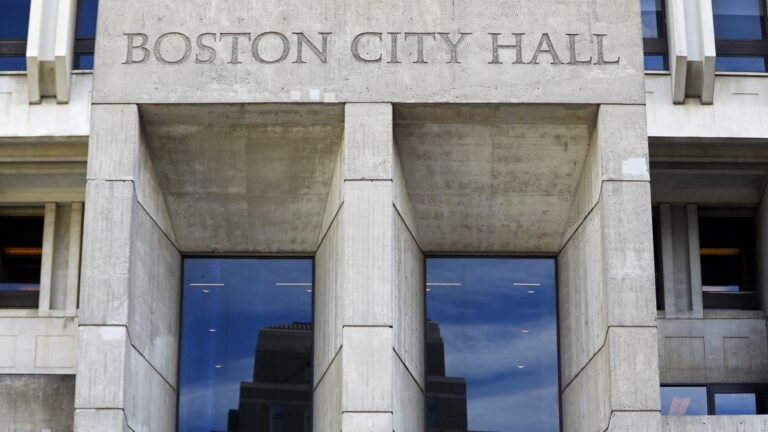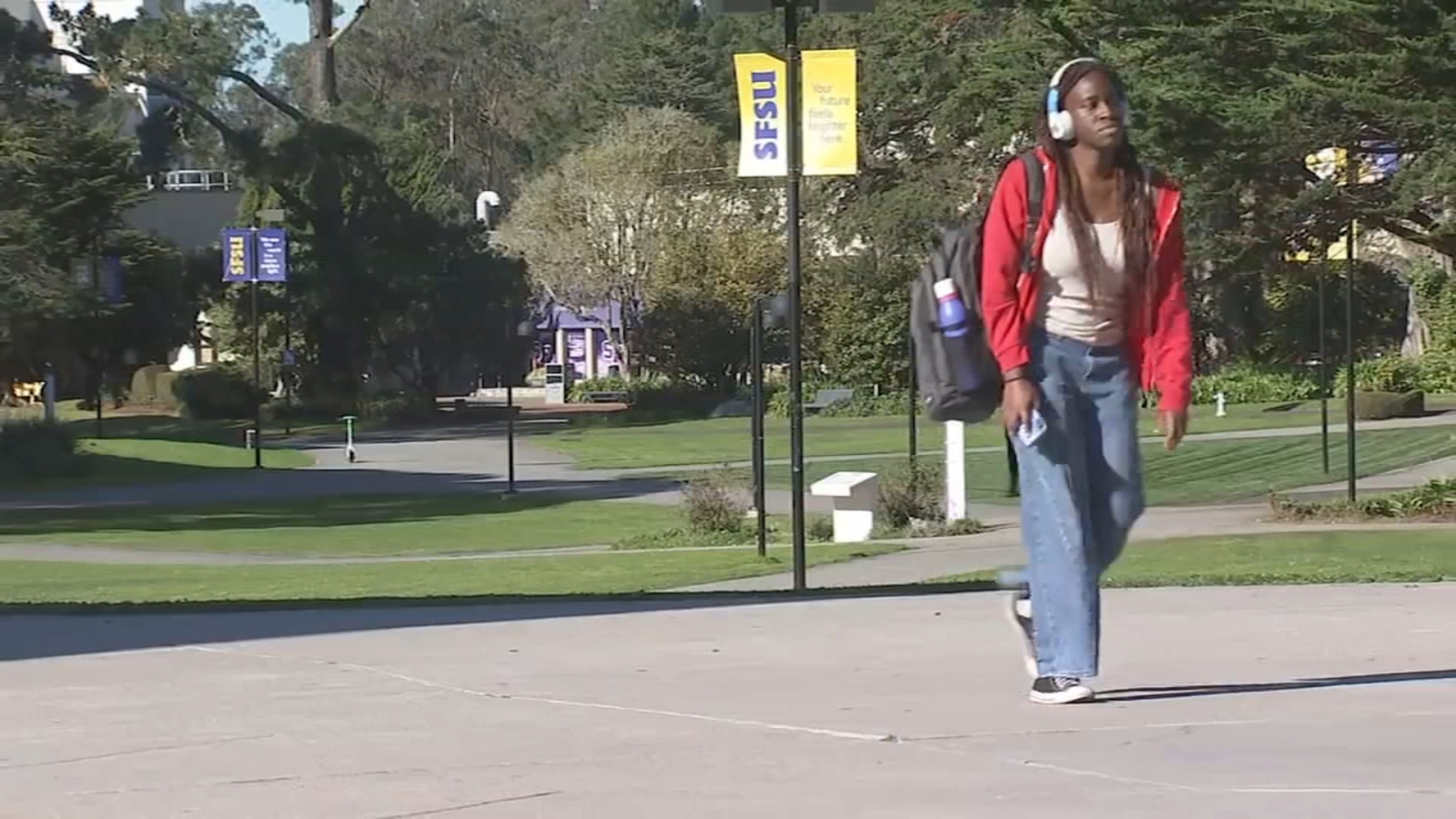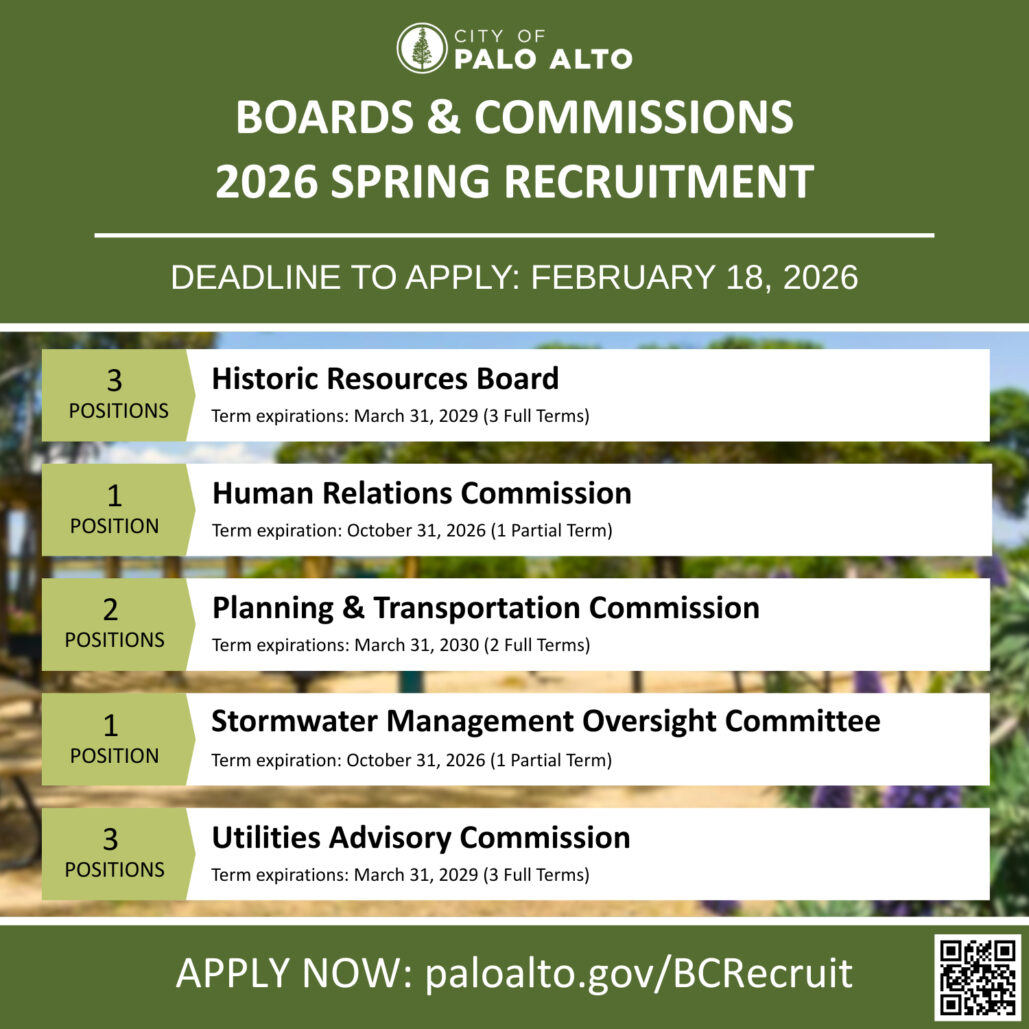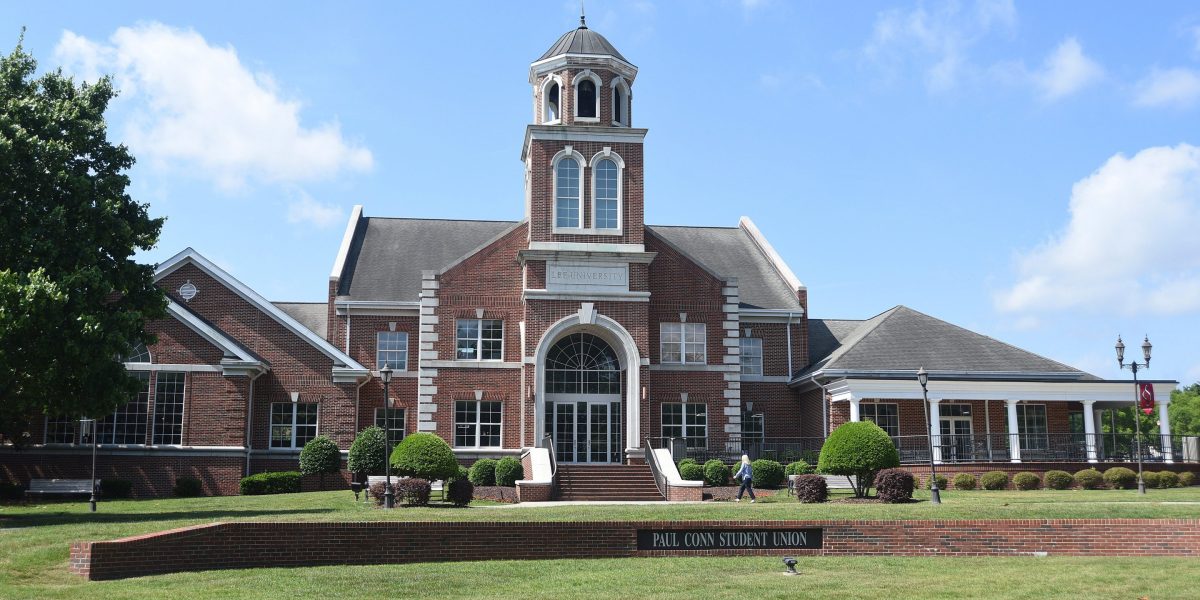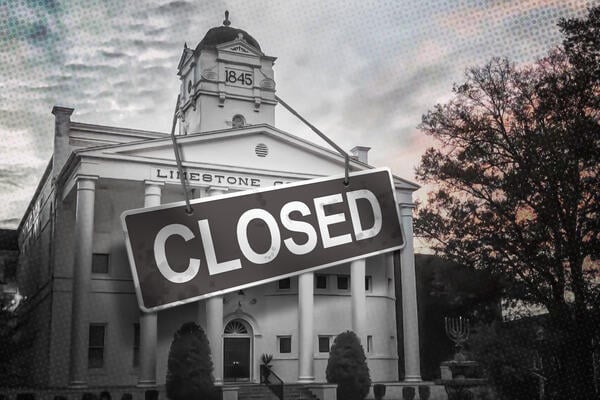#enrollment-decline
#enrollment-decline
[ follow ]
#higher-education #international-students #school-closure #college-closure #budget-cuts #financial-challenges
Education
fromMission Local
14 hours agoThe strange and terrible claim that S.F. immigrant students are scared to enroll in immigrant programs
Declining enrollment in San Francisco newcomer programs stems from both immigrant fear of public identification and alleged district actions that may have reduced access.
fromPinkNews | Latest lesbian, gay, bi and trans news | LGBTQ+ news
3 days agoA Texas university just scrapped its women's and gender studies course
In a letter sent to faculty and staff obtained by KBTX, Provost and Executive Vice President Dr. Alan Sams said the decision was made "as part of the broader implementation of the recently updated Systems policy". He claimed that the Texas university "made the difficult decision to begin winding down the Women's and Gender Studies (WGST) academic programs, including the BA, BS, Graduate Certificate and the Minor", claiming it was due to "enrolment over the past several years".
Higher education
fromwww.mercurynews.com
2 weeks agoObamacare enrollment dips in Bay Area after extra subsidy expires
Enrollment in Obamacare is slowing down in California after Republicans in Congress opted not to extend a policy that beefed up financial assistance for patients, a move that led to the longest federal government shutdown in U.S. history. About 175,000 people statewide have newly enrolled in Covered California, the state's Affordable Care Act marketplace, so far for 2026. That's a 31% decrease from this time last year, data shows. Health experts expect bigger declines in the coming months, as more enrollees receive notice of price hikes and cancel their plans.
Public health
fromNature
1 month agoWill young universities set the pace in the age of AI?
Universities are facing mounting challenges. From falling enrolments to dwindling support from populist governments, many institutions are in survival mode. Throw AI into the mix as a possible solution, and it's either a lifeline or a distraction, depending on whom you ask. In the four years since our last Young Universities supplement, the context for these institutions (aged 50 or younger) has changed dramatically.
Higher education
fromLos Angeles Times
2 months agoColleges ease the dreaded admissions process as the supply of applicants declines
The college admissions process has been so notoriously stress-inducing that students and their parents plan for it for years and - if social media is any indication - seem to consider an acceptance as among the greatest moments of their lives. But getting into college is in fact becoming easier, with admissions offices trying to entice more applicants from a declining pool of 18-year-olds. They're creating one-click applications, waiving application fees, offering admission to high school seniors who haven't even applied.
Higher education
Higher education
fromInside Higher Ed | Higher Education News, Events and Jobs
2 months agoMoody's Projects a Negative Outlook for Higher Education
Higher education faces constrained revenue growth, rising expenses, federal research funding cuts, and enrollment pressure from demographic decline, squeezing operating margins in 2026–2027.
fromInside Higher Ed | Higher Education News, Events and Jobs
3 months agoWould We Rather Humanities "Be Ruined Than Changed"? (opinion
Our Greek forebears, as early as Hippocrates, coined the term "kρίσις" to describe a "turning point"; kρίσις, a word related to the Proto-Indo-European root krei-, is etymologically connected to practices like "sieving," "discriminating" and "judging." In fact, the most widely mentioned skill we humanists offer our students, critical thinking, originates from the same practice of deliberate "sieving." Thus, when we call ourselves critics and write critical theory, we admit that crisis might just be our natural habitat.
Philosophy
Education
fromBusiness Insider
3 months ago5 public school principals pitch parents on staying out of private school - and one involves flying an airplane
Broward County public schools combat declining enrollment with specialized pathways like aviation and STEAM programs offering real-world experiences and college credits.
fromenglish.elpais.com
5 months agoICE hunt targets students and their families at the start of the new school year
From Washington, D.C. to California, the return to school has been marred by the Trump administration's immigration crackdown. Immigration and Customs Enforcement (ICE) agents have been carrying out violent arrests outside public schools, despite the agency's acting director, Todd Lyons, stating that such operations would only be carried out under special circumstances or in urgent situations. Affected parents and guardians, as well as teachers and school administrators, have been quick to raise their voices in protest.
US politics
Higher education
fromInside Higher Ed | Higher Education News, Events and Jobs
5 months agoColleges Expect to Reduce Student Support Budgets
Many colleges expect cuts to student support budgets, driven by enrollment declines, federal aid changes, reduced international enrollment, and cuts to identity-based programming.
[ Load more ]




